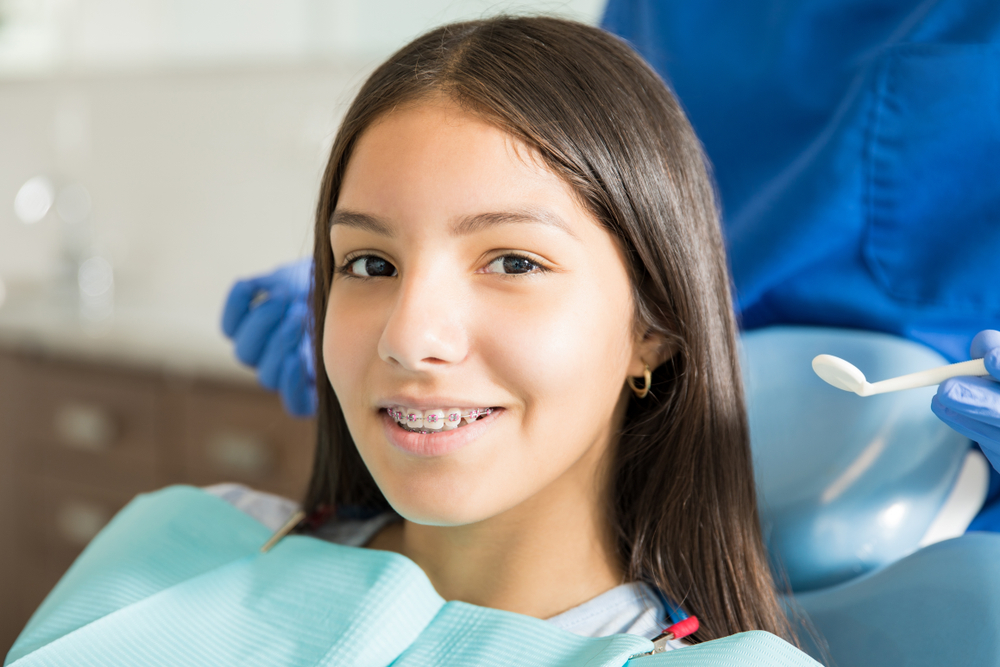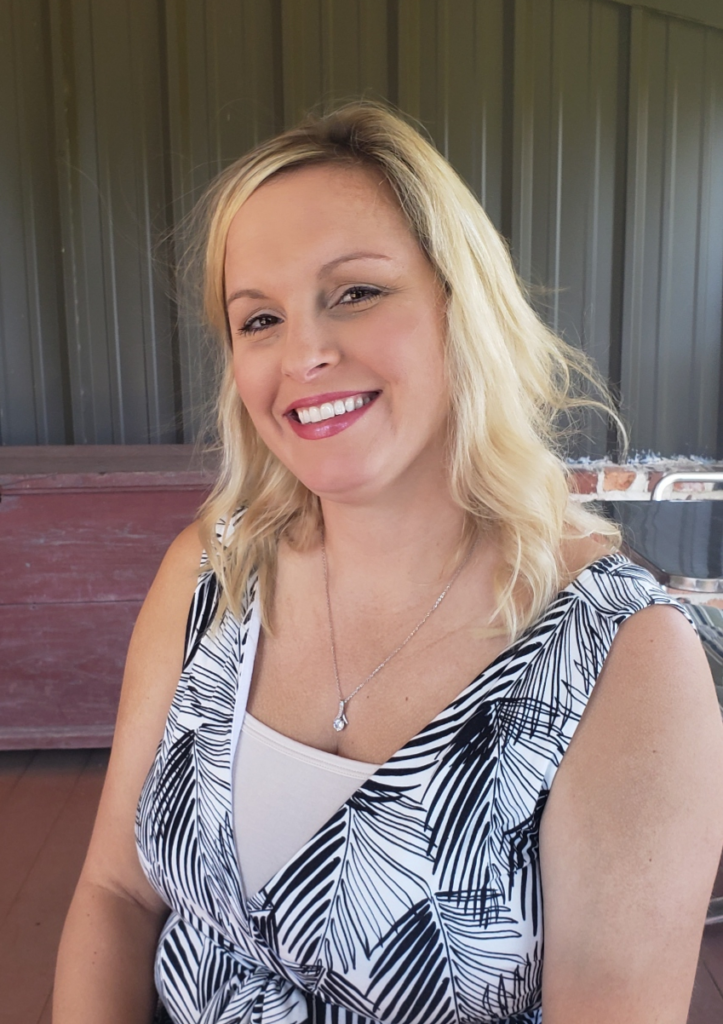Oral Health Learning
Oral health education is the key of healthy society
We are focused on oral health care learning programs. Knowledge is the only power of evolution and we are trying to make it accessible for all.
Patient Education
At Open Teledentistry, we’re committed to helping patients with oral health conditions, dental procedures, and proper oral hygiene techniques. You will find printable patient materials on a variety of topics. We also have oral health instructional videos and materials developed specifically for children.
Our goal is to help patients achieve success – in and out of the office.

WHAT CAUSES BAD BREATH?
You might think that bad breath, or halitosis, comes mostly from eating foods like garlic and onions. You may be surprised to learn that bacteria in the mouth, especially on the tongue, is one of the biggest bad breath causes. Dentists refer to the sulfur byproducts excreted as waste by oral bacteria as “volatile sulfur compounds” (VSC’s) and it’s their presence in your mouth that causes bad breath. Besides food, bad breath can be caused by poor dental hygiene, tobacco use and some medical conditions.

BLEEDING GUMS
Noticing bleeding gums while brushing or flossing can cause alarm. Often the cause of bleeding gums is as simple as brushing too hard, but in some instances it can be a symptom of something more serious. Bleeding Gums Causes One of the biggest bleeding gums causes is the buildup of plaque on the teeth. If left unaddressed this will lead to gingivitis, an early stage of gum disease. Alongside bleeding gums, symptoms of gingivitis include red and puffy gums.

ORTHODONTICS AND BRACES PAIN
A beautiful smile depends on a healthy mouth Everybody knows that braces, or orthodontics, straighten their teeth and improves their smile, but it’s important to understand that good oral hygiene is the key to keeping your teeth and gums healthy and attractive long after your braces come off. In order to keep your teeth plaque-free and avoid the unsightly “white spots” that can develop around your braces, you need to understand how to keep your teeth and orthodontic devices clean. Brushing and flossing with braces requires extra effort but that effort will pay off in the long run.

BRUSHING YOUR TONGUE
Why should you clean your tongue?
Your tongue, unlike your teeth, has a rough surface that’s full of many peaks and troughs that are the perfect place for bacteria to settle and thrive. In fact, your tongue has much more bacteria than your teeth do. This bacteria is easily able to transfer itself to your teeth and cause damage as well as creating bad breath. In fact, as long as you don’t have any other dental issues such as gingivitis or tooth decay, bacteria on your tongue is one of the leading causes of bad breath. We all know you should brush your teeth twice a day and floss at least one time a day, but do you know you should be cleaning your tongue too?

BURNING MOUTH SYNDROME
A burning discomfort in the mouth is not uncommon and can be associated with a number of disorders when present in combination with other symptoms. However, up to 15% of older patients may experience a burning sensation in the mouth despite the absence of other visible symptoms. This is classified as Burning Mouth Syndrome. Burning mouth syndrome causes Despite there being no visible evidence of the condition, psychological problems such as emotional stress, anxiety and depression, hormonal deficiencies in post-menopausal women and neurological abnormalities have all been identified as possible contributors of burning mouth syndrome.

TARTAR ON TEETH
Teeth tartar, also called dental calculus, is a crusty deposit that can trap stains on the teeth and cause discoloration. It creates a strong bond that can only be removed by a dental professional.
Tartar formation may also make it more difficult to remove new plaque and bacteria. Individuals vary greatly in their susceptibility to plaque and tartar on teeth.
For many of us, these deposits build up faster as we age. If plaque is not removed regularly, and completely, minerals in your saliva combine with plaque to form crystals that harden into tartar.

DENTAL HYGIENE FOR KIDS
Your child’s well-being is your biggest concern and their oral hygiene is an important part of their overall health. The care of your child’s teeth and gums begins with you – – you can set them on the right path for a lifetime of excellent oral hygiene. Oral Hygiene for Infants Babies are born with all their teeth – you can’t see them because they are hidden in the gums. Baby teeth start to break through the gums around 6 months but it is important to start good oral care for infants even before the first tooth comes in. From healthy gums come healthy teeth.

HOW DO YOU GET CAVITIES?
Cavities, also referred to as tooth decay, or dental caries, is the breakdown of the hard tissues of the tooth. This breakdown, or demineralization, is caused by acids produced by the bacteria found in plaque. This damage can lead to the formation of pits or holes (cavities) and will eventually require professional treatment. Your dentist can remove the decay and fill the cavity. Without treatment, tooth decay can destroy your tooth.

CANKER SORES
A canker sore is a small, painful sore that develops inside the mouth. Also known as aphthous ulcers, these shallow sores can be found on or under the tongue, inside your cheek or lip, at the base of the gums or on the soft palate. Canker sores can appear on their own or in groups and are recurrent. Although canker sores can be painful, they will usually clear on their own within one to two weeks. Although often confused, canker sores are not like cold sores, which are caused by the herpes virus. Unlike a cold sore, canker sores do not appear on the lips and are not contagious.
Our Global Network Dental Professionals

Lisa Robinson | RDH

Maria White | RDH

Natalie Hills | RDA

Dr. Nisha Chaudhary | Dentist

Dr. Remya Thomas | Dentist

